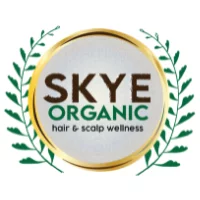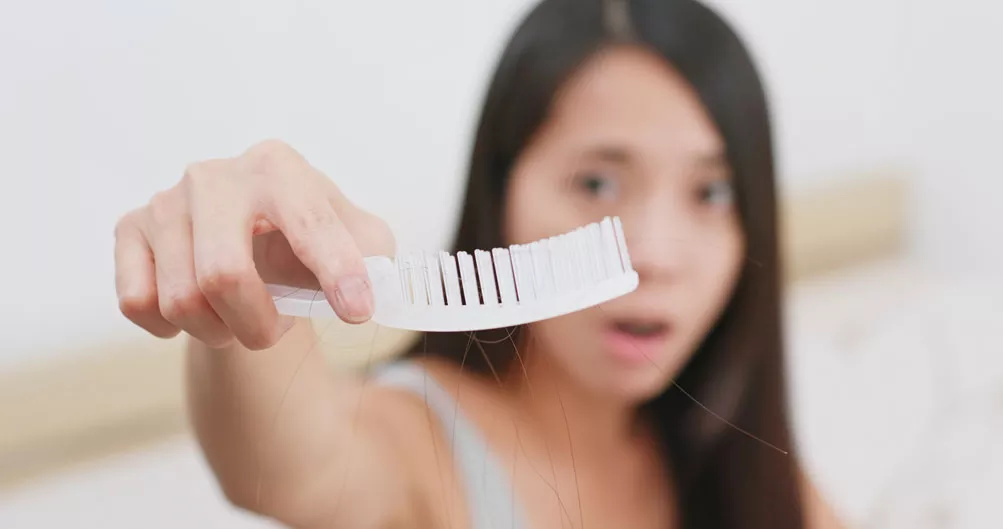Hair loss is a common concern that affects both men and women worldwide. While there are various treatment options available, organic hair loss treatments have gained popularity for their natural and potentially gentler approach. Understanding the science behind these treatments can shed light on their effectiveness and provide valuable insights for individuals seeking organic solutions to combat hair loss.
The Causes of Hair Loss
Before delving into the science behind organic hair loss treatments, it’s crucial to grasp the underlying causes of hair loss. Hair loss can result from numerous factors, including genetics, hormonal changes, nutritional deficiencies, stress, and environmental factors. By addressing these root causes, organic keratin treatments and organic treatments for hair loss aim to restore hair growth and improve overall scalp health.
Prominent Organic Ingredients
Organic hair loss treatments often feature specific ingredients known for their potential to promote hair growth and combat hair loss. Here are some notable organic ingredients and their scientific properties:
- Saw Palmetto: Saw palmetto extract is derived from the berries of the Serenoa repens plant. Research suggests that it may inhibit the production of dihydrotestosterone (DHT), a hormone linked to hair loss. By reducing DHT levels, saw palmetto may help prevent the miniaturization of hair follicles and encourage hair growth.
- Biotin: Biotin, also known as vitamin B7, is essential for maintaining healthy hair, skin, and nails. It plays a crucial role in the production of keratin, a protein that forms the structural foundation of hair. Supplementing with biotin may enhance hair strength and stimulate follicle growth.
- Rosemary Oil: Rosemary oil has been used for centuries in traditional medicine due to its potential hair growth-promoting properties. It is believed to improve blood circulation in the scalp, providing nourishment to hair follicles and stimulating hair growth.
- Aloe Vera: Aloe vera has soothing and moisturizing properties, making it an excellent ingredient for scalp health. It may help reduce inflammation, balance pH levels, and promote hair growth. Additionally, aloe vera contains enzymes that can promote hair follicle development and prevent hair loss.
The Science Behind Organic Hair Loss Treatments
While the specific mechanisms of action may vary depending on the ingredients, organic hair loss treatments generally target multiple aspects of hair growth and scalp health.
- DHT Inhibition: One common approach is to inhibit the production of DHT or block its effects on hair follicles. By reducing DHT levels, organic ingredients like saw palmetto help preserve hair follicles’ natural growth phase, preventing them from miniaturizing and eventually dying off.
- Increased Blood Circulation: Ingredients like rosemary oil can improve blood circulation in the scalp, ensuring that hair follicles receive adequate nutrients and oxygen. Improved blood flow can stimulate hair follicles, leading to enhanced hair growth.
- Anti-inflammatory Properties: Organic ingredients such as aloe vera possess anti-inflammatory properties, which can soothe the scalp and reduce inflammation. Inflammation can disrupt the hair growth cycle, leading to hair loss. By addressing this issue, organic treatments create a favorable environment for hair growth.
- Nourishment and Moisture: Organic hair loss treatments often include ingredients that provide nourishment and moisture to the scalp and hair follicles. Proper hydration and nourishment help maintain scalp health and support optimal hair growth.
- Consistency is key: Organic hair loss treatments often require consistent and long-term use to achieve noticeable results. Understand that hair growth is a gradual process, and it may take several months before you see significant improvements. Stick to your chosen organic treatment regimen and be patient.
- Customize your approach: Everyone’s hair and scalp are unique, so it’s important to find organic treatments that work best for your specific needs. Experiment with different ingredients and formulations to discover what works well for you. Keep in mind that what works for one person may not work for another, so be open to trying different options.
- Address underlying factors: Organic hair loss treatments can be more effective when combined with a holistic approach. Identify and address any underlying factors that may contribute to hair loss, such as hormonal imbalances, nutritional deficiencies, or stress. Incorporate a healthy lifestyle, including a balanced diet, regular exercise, and stress management techniques, to support overall hair health.
- Seek professional guidance: While organic hair loss treatments can be beneficial, it’s advisable to consult with a dermatologist or a trichologist (hair and scalp specialist) before starting any new treatment. They can assess your specific condition, provide personalized recommendations, and guide you towards the most suitable organic treatments for your hair loss concerns.
- Be mindful of expectations: It’s essential to have realistic expectations when using organic hair loss treatments. While they can promote hair growth and improve scalp health, they may not work for everyone or produce dramatic results for severe cases of hair loss. Manage your expectations and focus on the overall health of your hair and scalp rather than solely on regrowth.
- Combine treatments for synergistic effects: Consider combining different organic treatments or incorporating them into a comprehensive hair care routine for synergistic effects. For example, you might use a shampoo containing organic ingredients for daily cleansing, supplement with specific organic hair growth supplements, and apply organic oil treatments or serums directly to the scalp. Combining treatments that target different aspects of hair health can enhance their overall effectiveness.

